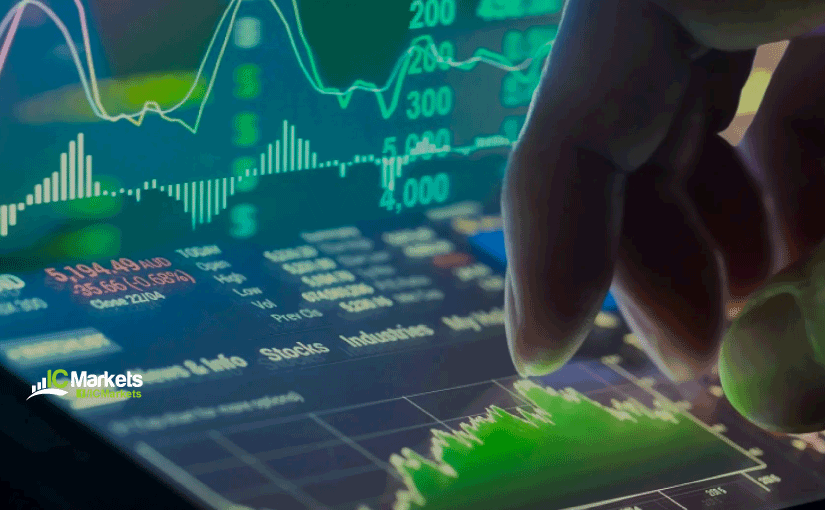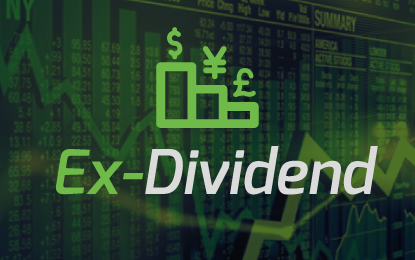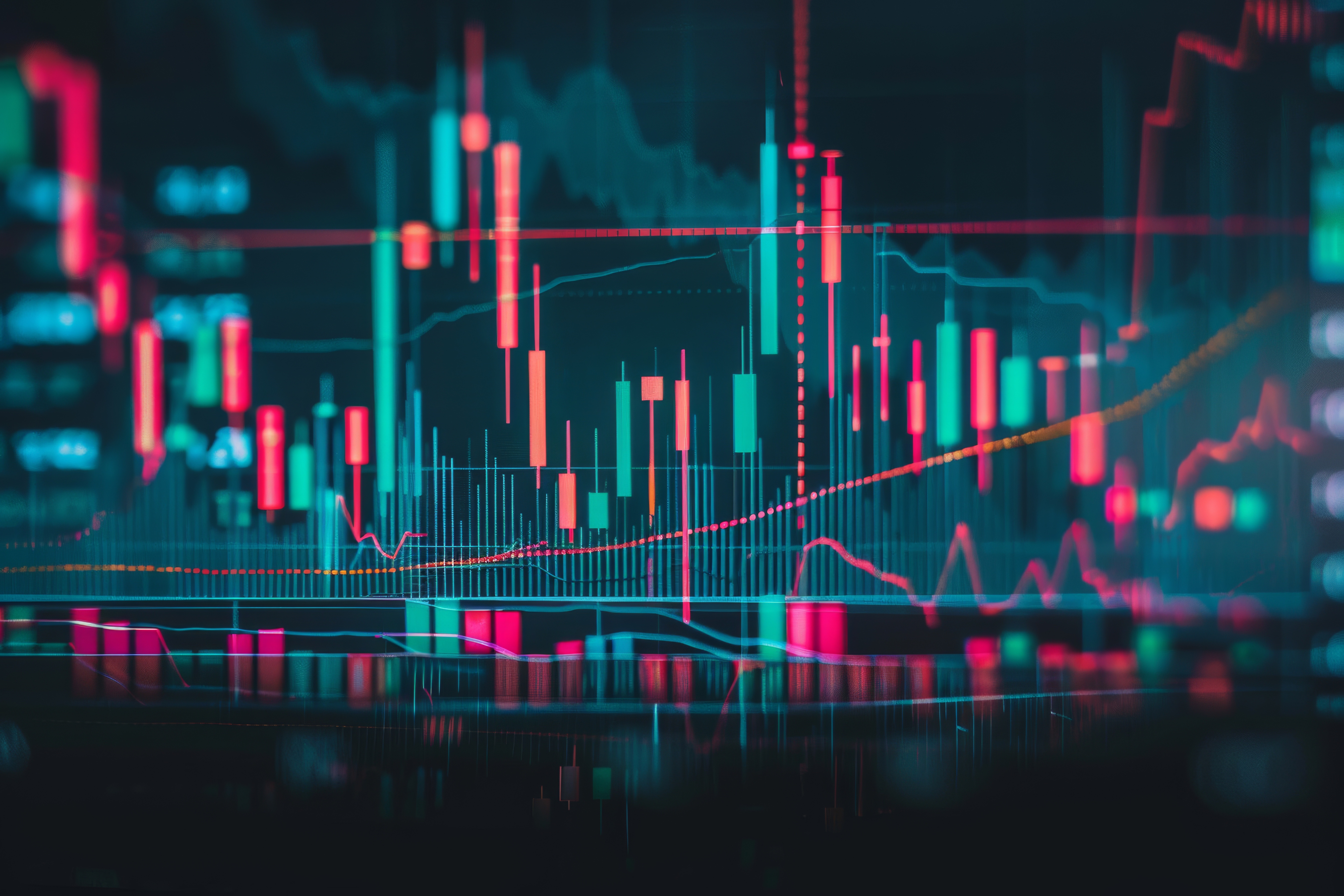Financial markets are a mystery to many, thought to be overloaded with convoluted terminology.
One market in particular that often causes confusion is the spot market.
Commonly referred to as the cash market or physical market, the spot market is a place securities are exchanged for cash and delivered on the spot. The price quoted, the spot price, is the current market value an instrument can be traded – the price an instrument can be bought or sold immediately.
The foreign exchange market is recognised as the largest spot market in the world.
Previously, the foreign exchange market, or Forex market, was restricted to large financial institutions. Thanks to the wizardry of modern technology, however, retail FX trading has grown in popularity.
Nowadays, it’s straightforward for retail traders to open a margin account with a Forex broker. IC Trading allows clients to open an account with as little as 200 USD or currency equivalent, with the application process taking only a few minutes. IC Market’s mission is to provide traders with the lowest spreads and fastest executions possible across more than 285 products including Forex, precious metals, stocks, futures and other commodities.
Exchange Vs. OTC
Spot market transactions can take place on an exchange or over-the-counter (OTC).
- Exchanges are organised physical (and electronic) locations, highly regulated to offer transparency and provide efficient and orderly trading conditions by centralising buying/selling.
- Conducted electronically, an OTC market has market participants trade directly with one another. No exchange or central clearing house exists. Dealers act as market makers, quoting tradable Bid/Ask prices. OTC markets are considered less transparent than exchanges. According to the 2019 Triennial Survey of turnover in OTC FX markets, trading in FX markets reached $6.6 trillion per day in April 2019, up from $5.1 trillion three years earlier. At $2.0 trillion per day, the volume of spot trades in April 2019 was 20% greater than in April 2016[1].
Settlement
A spot transaction refers to an exchange of currencies at the current market rate.
Although the FX spot market means ‘on the spot’ or ‘immediate’, funds are actually exchanged on the settlement date, typically two business days following the agreement, expressed as T+2. Notable exceptions are currency pairs such as USD/CAD, which settle one business day after the trade, T+1.
In order to allow for a seamless trading experience, as most market participants trade for speculation, Forex brokers roll positions forward (at the rollover date) on your behalf and charge a swap. MetaTrader 4 (MT4) FX swaps are calculated on the overnight lending rates in the interbank market, provided to Forex brokers from liquidity providers.
If brokers failed to roll trades, you’d effectively have to buy/sell your existing position every two days. The swap tab highlighted in figure A is where you’ll find your swap credit/debit value for any active trades open longer than one day (past 5pm EST) on your MT4 trading platform.
(FIGURE A)
Apart from Wednesday, your account will, assuming a position is left open after the NY close, either earn credit or be charged a debit (this depends on the interest rates of the currencies traded). Usually, credit is earned if the long currency’s interest rate is higher than the short currency. Similarly, the account may be debited if the interest rate of the short currency is higher than the long currency.
FX brokers apply triple swap on Wednesday because that’s how it’s applied by the banks providing liquidity to the FX market. Remember, FX spot trades usually have a two-day settlement. Triple interest is applied to FX trades at 5pm Wednesday (NY close) as this marks the beginning of a new 24-hour trading day (Thursday) in the global FX market. As the position takes two days to settle, the trade would settle on Saturday when banking institutions are closed, hence the triple interest/charge into Wednesday’s close to cover this.
The accuracy, completeness and timeliness of the information contained on this site cannot be guaranteed. IC Trading does not warranty, guarantee or make any representations, or assume any liability regarding financial results based on the use of the information in the site.
News, views, opinions, recommendations and other information obtained from sources outside of www.ictrading.com.au, used in this site are believed to be reliable, but we cannot guarantee their accuracy or completeness. All such information is subject to change at any time without notice. IC Trading assumes no responsibility for the content of any linked site.
The fact that such links may exist does not indicate approval or endorsement of any material contained on any linked site. IC Trading is not liable for any harm caused by the transmission, through accessing the services or information on this site, of a computer virus, or other computer code or programming device that might be used to access, delete, damage, disable, disrupt or otherwise impede in any manner, the operation of the site or of any user’s software, hardware, data or property.







